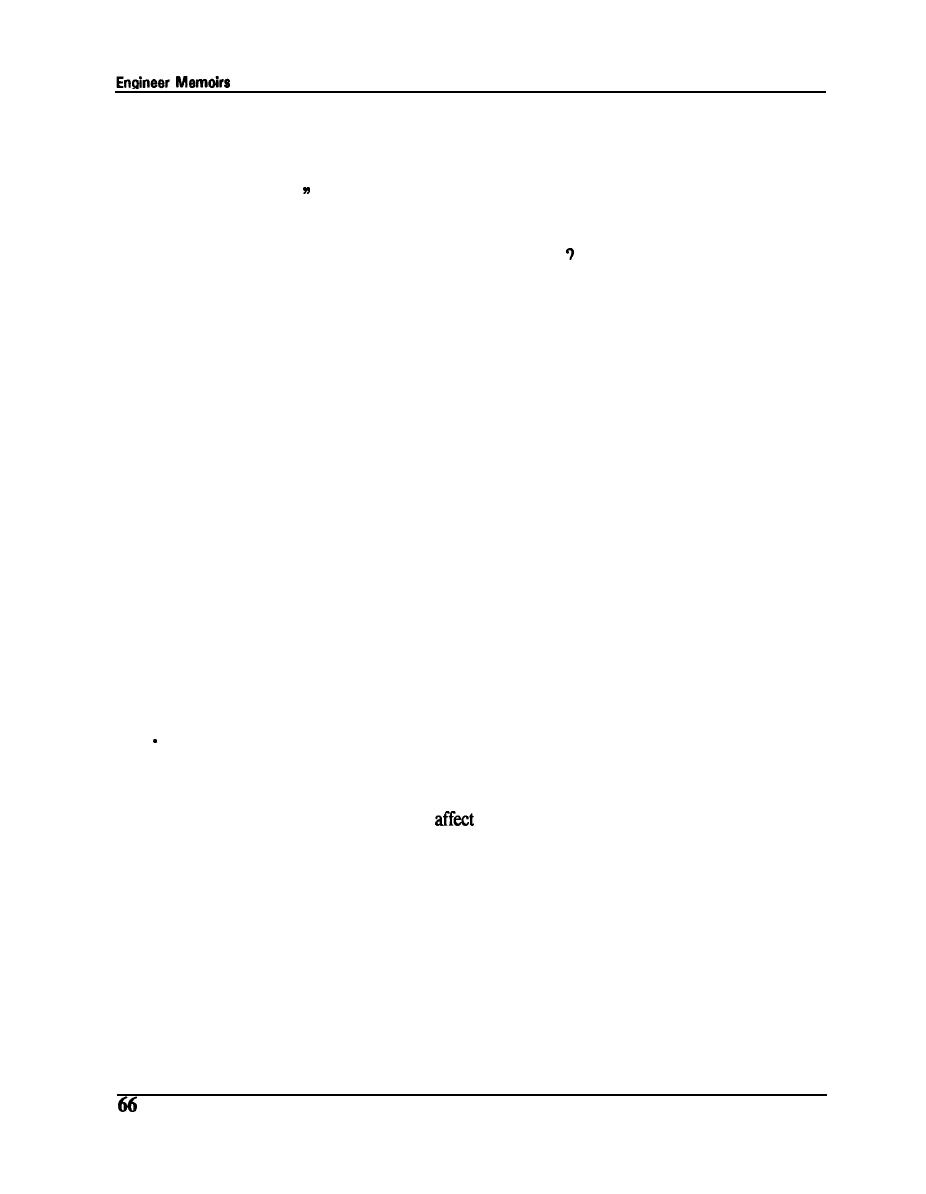
during that month of August we had something like 20 high-level meetings on the
Malta crisis which I chaired I complained at the time that I had to carry the
Maltese Cross.
The second part of my thesis was on a more difficult type of decision to make:
how does an organization change its basic strategy. Here, I wrote about the shift
from MC 14/2 to MC 14/3 which had been initiated by General, Norstad. It took
several years to complete the shift in strategy from that of massive retaliation to
one of forward defense and flexible response. Although I left SHAPE before the
shift was completed, I was able to assess its effectiveness during my second tour
in NATO.
The third and most difficult type of decision I covered in my thesis was how an
organization changes its structure to accommodate new situations. One would think
that international organizations change easily and rapidly, but they don't. There's
a great deal of inertia in large organizations. In fact, some things we tried mightily
to change never succeeded. For example, we were never able to put together a
viable public relations program for NATO.
National War College
Q ..
After you left SHAPE I gather you were assigned to the National War College.
A ..
Yes. I went to the regular course at the National War College in 1958 and finished
in 1959.
Q.
Was this an easy course? It seems like you were pretty experienced.
A ..
Yes, it was an easy course and a lot of fun. They let you set your own pace and
I decided to work hard. I wrote a ten-year projection of what would happen in
foreign affairs and how it would
the military. I wanted to see how well one
could project what might happen ten years hence. I thought that no one could, of
course, predict precisely what would happen. But I believed that one could project
trends and the general course of events. In retrospect, I was right. The projection
held up remarkably well. It taught me that a good strategy and plan could absorb
many unexpected events and still have us come out where we wanted to be.
The good news about my paper was that I tied for first prize for the class' best
thesis. But the bad news was that I tied with Dr. Fritz Kraemer, a friend of
long-standing. The winning papers were presented orally to the class and college
alumni during their annual reunion. We flipped a coin to see who would go first



 Previous Page
Previous Page
